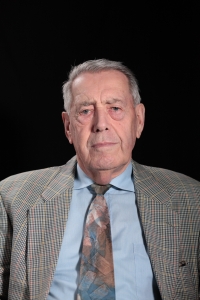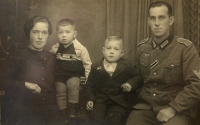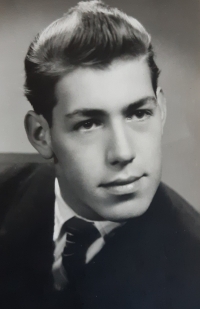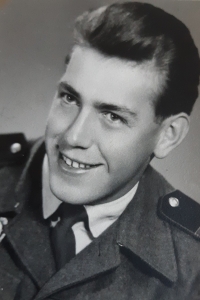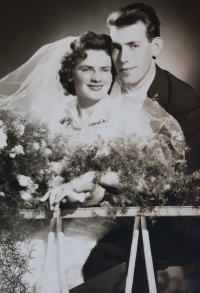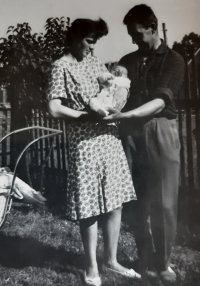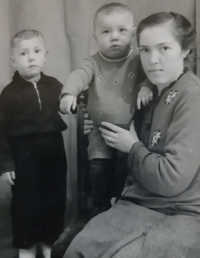We were not allowed to go to Germany. They told us they needed dad

Download image
Josef Moder was born on October 26, 1938 in Chodov in the Karlovy Vary region into a Sudeten German family. His father Anton worked as a foreman in a porcelain factory and his mother Emma came from an agricultural background. During World War II, his father had to fight in the Wehrmacht, was taken prisoner by the British and did not return home until 1946. Josef Moder witnessed the arrival of the American and Red Army in Chodov. After the war, the family avoided being deported by the Germans thanks to his father’s expertise in the porcelain factory. However, Josef experienced a difficult childhood when the Germans had limited rights and he could not get a higher education. After graduating from a horticultural apprenticeship, he worked as a driver and completed his military service, during which he was wrongfully accused of a traffic accident. In 1964, he responded with a letter of protest to President Novotný against the condemnatory words against the Sudeten Germans. In 1966, he obtained permission to emigrate to West Germany with his wife and daughter and settled in the Bavarian city of Reich. There he established himself as a horticulturist, received vocational training in landscaping and worked as a horticultural and landscape consultant, later as head of the greenery department and as an expert witness. After 1989 he was actively involved in the restoration of relations between his native Chodov and the German town of Waldsassen, for which he was awarded by the town of Chodov and the Bishop of Pilsen. He and his wife raised two daughters.
